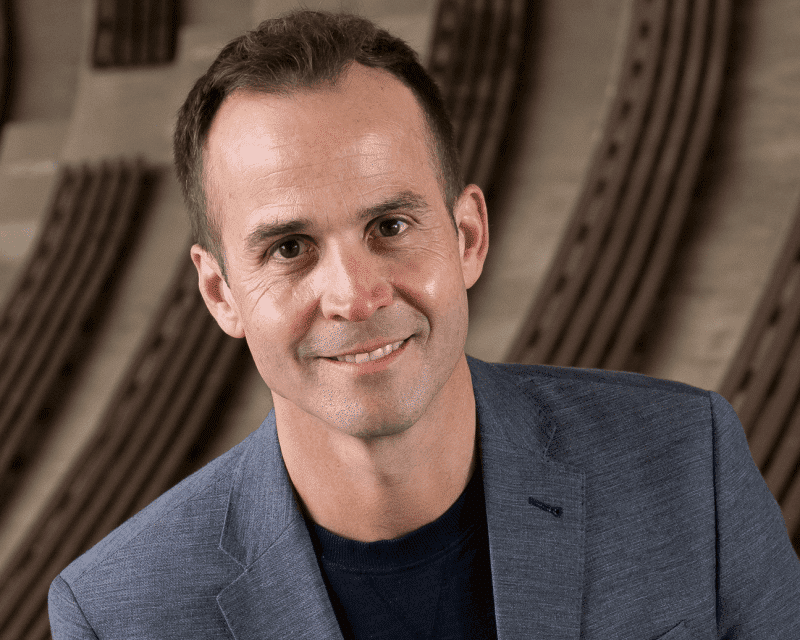De Wet Swanepoel, PhD, has received the International Award for Hearing from the American Academy of Audiology. Swanepoel—who co-founded the HearX Group, a digital health company—received the award for his research that seeks to expand mobile hearing care to underserved areas locally and globally. He is also professor of the Department of Speech-Language Pathology and Audiology at the University of Pretoria (UP) and leads research for the World Health Organization’s (WHO) Collaborating Centre for the Prevention of Deafness and Hearing Loss at UP.
“I’m truly honored to receive this award,” says Swanepoel. “More than personal recognition, it highlights the importance of making hearing care accessible to those who need it most.”
Hearing connects us, he adds. “It is how we share stories, emotions, and relationships. Making sure no one loses that connection is what drives my work.”
An integral part of Swanepoel’s work revolves around telehealth and, more specifically, teleaudiology. Telehealth uses technology to deliver healthcare solutions remotely to underserved communities, while teleaudiology applies this principle to mobile hearing care. By digitizing and mobilizing hearing care, marginalized communities are able to gain access to basic healthcare. This is particularly important in regions like Africa, where only 2% of people who need hearing aids actually get them.
The main goal of Swanepoel’s research is to tackle the shortcomings of traditional hearing healthcare by refining a borderless innovation that takes hearing care to anyone, anywhere. Ideally, this would involve bringing hearing care solutions to the estimated 700 million people who will need these services by 2050.
“We need to stop thinking of hearing care as something that only happens in a clinic,” Swanepoel says. “It should happen wherever people need it, whether that’s a village, the workplace, or their home.”
Key Takeaways:
- Innovative Hearing Care – Prof. Swanepoel’s work focuses on teleaudiology, using digital technologies to bring hearing care to remote and underserved areas.
- Global Impact – His research and innovations, including the hearZA and hearWHO apps, have enabled hearing screenings for millions globally.
- Equitable Access – Through partnerships with the WHO and the HearX Group, his mission is to make hearing care borderless and accessible to all by 2050.
This has become increasingly achievable thanks to new developments in digital technologies and artificial intelligence, which now allow hearing aid tune-ups, hearing screenings, and other hearing services to be conveniently accessed through a smartphone.
The global scaling of mobile hearing support services is being made possible through the partnership between the hearX Group, the WHO, and UP. This partnership was forged with the development of the hearZA National Hearing Screening app by UP and hearX, the first app of its kind globally. It caught the attention of the WHO and was packaged to become the hearWHO app.
“What started as a South African innovation has now screened half a billion people worldwide for hearing loss,” Swanepoel says.
His work as part of this partnership includes ensuring that new technologies are scientifically validated and impactful on a local and global scale. Minimally trained healthcare workers can be remotely supervised by audiologists and can provide hearing solutions to local communities through these technologies.
The goal is for global and local mobile hearing solutions to be available so everyone who is in need of hearing care services will have access to them, regardless of their circumstances or location.





